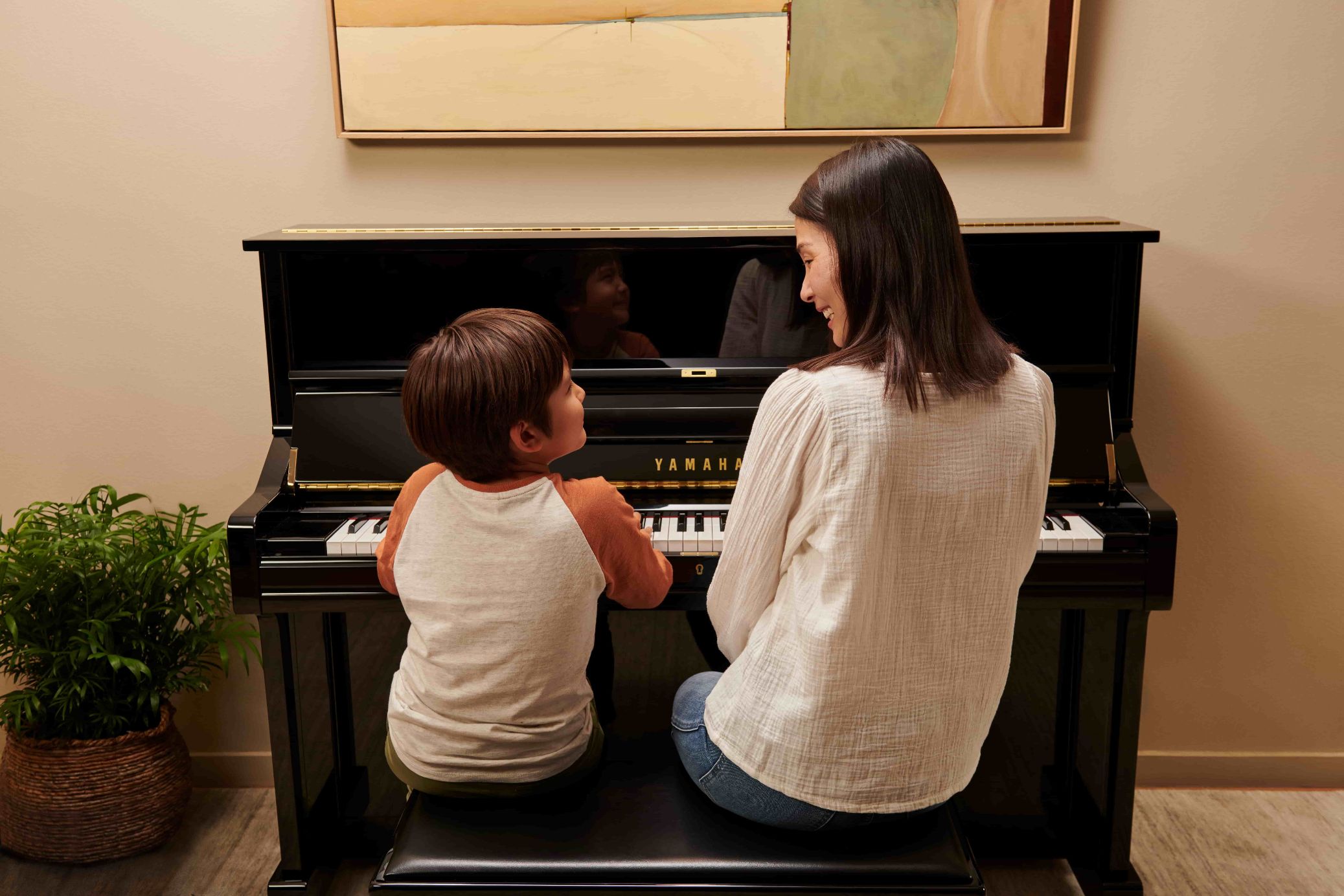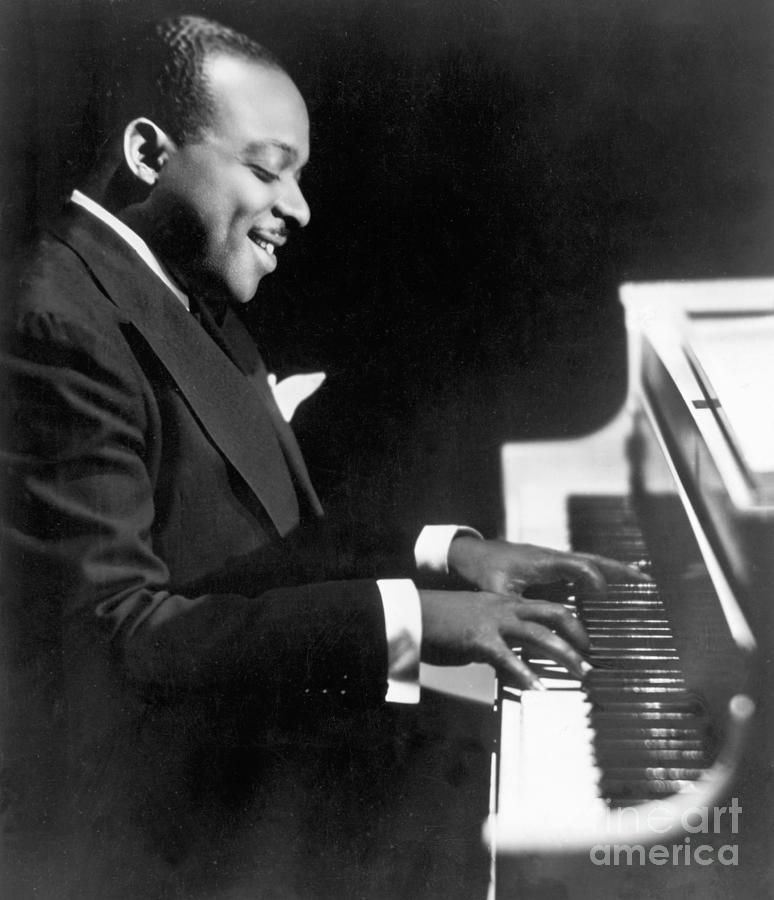

In a sense, Polla was staying true to his classical roots and presenting an American form of Art Song, with a number of his solo pieces designated as tone poems. This was followed by another suite, this time religious, of the Three Graces. His first floral pieces show up in 1910, followed in 1911 by a set of rose songs set to the poems of McDonald, and another suite encompassing several varieties of flowers. What was becoming obvious was one of his more enjoyable hobbies that of raising and studying flowers. An explanation for this temporary identity change is hard to discern, but it may have simply been an enumerater error, since his correct name is present in the New York City directory. In 1910, Polla showed up in the Federal census, oddly enough, as Jefferson Polla, although still married to Pauline. There are a few possible reasons for this as with other composers who did the same thing, but given how the name was applied, it seems evident that William wanted the more serious pieces associated directly with his European name, and the frivolous or popular pieces with the Anglicized version.
THE MISSISSIPPI BUBBLE RAG PLAYER PIANO SERIES
Starting with this series and continuing with many of his popular compositions, which in 1902 were started with The Ragtime Laundry, Polla, who had already altered the family name from Polle, chose to issue many of his works under his first of two pseudonyms, the thinly-veiled and Americanized W.C. Among his earliest works were two suites for younger players encompassing several musical dance styles of the prior century.

He obviously caught the composing bug somehow because starting in 1901 there was a steady stream that flowed from his pen for more than 25 years. William had already been working as a free-lance arranger for various publishers, with some pieces issued under the banner of publisher Sol Bloom as early as 1899. w/Robert Levenson & George LipschultzĪround 1901 the Pollas relocated to Chicago, Illinois.


 0 kommentar(er)
0 kommentar(er)
